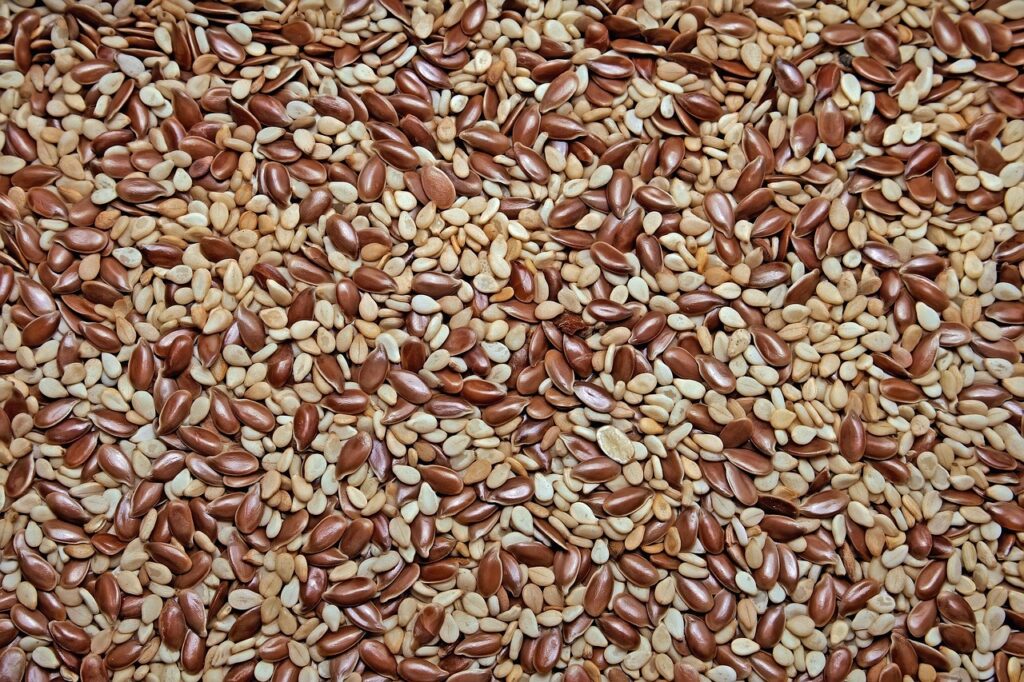
Superfoods have gained immense popularity in recent years, often touted as nutritional powerhouses that can significantly boost health. However, with this popularity comes a fair share of misinformation. In this blog, we will debunk some of the most common myths about superfoods, helping you make informed choices based on science rather than marketing hype.
Myth 1: Superfoods Have Magical Health Benefits
One of the biggest misconceptions is that superfoods have almost magical properties, capable of curing diseases or dramatically enhancing health overnight. While superfoods like moringa, chia seeds, and flaxseeds are packed with nutrients, no single food can provide all the essential nutrients your body needs. A well-balanced diet, along with a healthy lifestyle, is the key to long-term wellness.
Myth 2: Superfoods Must Be Exotic and Expensive
Many believe that only rare and expensive foods like goji berries or acai are considered superfoods. However, common, locally available foods such as spinach, pumpkin seeds, and sesame seeds also qualify as superfoods due to their impressive nutrient content. Eating a variety of whole foods is more beneficial than focusing on expensive trends.
Myth 3: The More Superfoods, the Better
Consuming excessive amounts of any food—even nutrient-dense ones—can have negative effects. For example, too much flaxseed may lead to digestive issues, and excessive moringa intake may interact with medications. Moderation and balance are crucial for reaping the benefits of superfoods without potential drawbacks.
Myth 4: Superfoods Work Instantly
Some assume that incorporating superfoods into their diet will lead to immediate health benefits. In reality, the effects of a nutritious diet accumulate over time. Consistency in consuming nutrient-rich foods, along with a healthy lifestyle, is what leads to long-term benefits.
Myth 5: Processed Superfood Products Are Just as Good as Whole Foods
Many packaged products claim to contain superfoods, but processing can strip away essential nutrients. For instance, moringa powder retains more nutrients than heavily processed supplements. Whenever possible, opt for whole, minimally processed forms of superfoods to maximize their nutritional benefits.
Myth 6: Superfoods Can Replace a Healthy Diet
Some people believe that consuming superfoods alone is enough for optimal health. However, overall dietary patterns matter more than individual foods. Superfoods should complement a well-rounded diet that includes proteins, healthy fats, and carbohydrates.
Myth 7: All Superfoods Are Safe for Everyone
Not all superfoods are suitable for everyone. Some may cause allergic reactions or interact with medications. For example, flaxseeds can act as a blood thinner, and excessive moringa consumption may lower blood sugar levels. It’s always advisable to consult a healthcare professional before making major dietary changes.
Conclusion
Superfoods are undoubtedly nutritious, but their benefits are often exaggerated. A balanced, varied diet is the most effective way to maintain good health. Instead of chasing the latest superfood trends, focus on whole, natural, and locally available foods to support long-term well-being.
Sources
